
A clinical trial looks into whether the use of open-label placebos can lead to better outcomes for children and teenagers with functional abdominal pain or irritable bowel syndrome.
Ms. Hester is Content Specialist with Contemporary OB/GYN and Contemporary Pediatrics.

A clinical trial looks into whether the use of open-label placebos can lead to better outcomes for children and teenagers with functional abdominal pain or irritable bowel syndrome.

An investigation looks into how the incidence of type 1 diabetes changed during the first year of the COVID-19 pandemic.

The COVID-19 vaccine protects against disease and severe effects, but can it help reduce the risk of multisystem inflammatory syndrome in children (MIS-C)?

The Centers for Disease and Control and Prevention (CDC) has given their support for giving a COVID-19 booster to children aged 12 to 15 years.

Clinicians are seeking ways to reduce opioid exposure in a variety of settings. Could the use of acetaminophen before opioid use reduce opioid treatment duration in the inpatient setting?

The US Food and Drug Administration (FDA) made multiple changes to the emergency use authorization for the Pfizer/BioNTech vaccine.

The US FDA has accepted a Priority Review of the pneumococcal 15-valent conjugate vaccine VAXNEUVANCE™ in children aged 17 years and younger.

The US Food and Drug Administration (FDA) is currently investigating whether the new COVID-19 variant will evade current mitigation strategies and diagnostic tools.

Sometimes Kawasaki disease doesn’t respond to treatment. An investigation looks into whether a second course of standard treatment performed better than treating with infliximab.
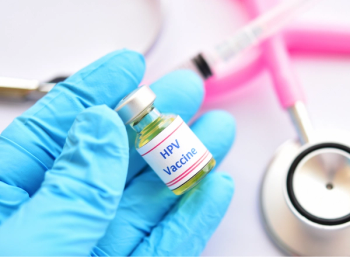
Surviving a bout of cancer early in life puts children and teenagers at risk of cancers linked to human papillomavirus (HPV). A phase 2 trial examined how effective a 3-dose series was in providing protection.

An investigation examines whether safety communications from the US Food and Drug Administration (FDA) in 2017 and 2018 led to reductions in the prescription of cough and cold medications with codeine and hydrocodone.
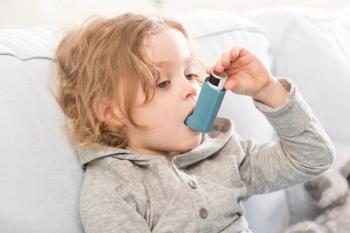
Omalizumab (Xolair) is the oldest available biologic for asthma and is anti–IgE. Mepolizumab, an anti–IL-5 biologic, has been shown to reduce exacerbations and eosinophils and result in improved markers of control.

A study examines whether an intervention that promotes including teenagers in the decision-making process for getting vaccines leads to better outcomes, such as vaccine literacy.

Help patients (and parents) change their behavior by speaking clearly, using data, and remaining nonjudgmental.

Ocugen, Inc. has submitted a request to the FDA for emergency use authorization (EUA) of their COVID-19 vaccine candidate for use in children aged 2 to 18 years.

The US Food and Drug Administration (FDA) committee voted on whether the emergency use authorization should be extended to children aged 5 to 11 years.

A session at the virtual 2021 American Academy of Pediatrics National Conference & Exhibition offers insight into the common causes of medication nonadherence and how to improve adherence.

Seqirus’s FLUCELVAX® cell-based quadrivalent influenza vaccine has been approved to expand the age indication to children as young as 6 months of age by the US Food and Drug Administration.

Initial results from the trial indicate it was well-tolerated and promoted a good immune response.

A press briefing from the Infectious Diseases Society of America focused on the concerns raised by the delta variant and its potential impact on schools.

To protect children and staff at schools, the Infectious Diseases Society of America (IDSA) has recommended using multiple science-based approaches to prevent spread in schools.
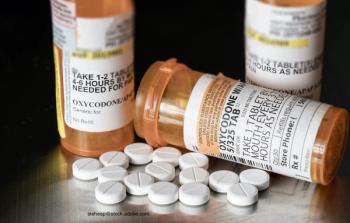
Many pediatric opioid prescriptions are high risk and leave children at risk of overdose and side effects like constipation.

Nonprescription opioid use can significantly increase the risk of opioid overdose, according to a recent study.

A meta-analysis in JAMA Pediatrics looks at whether vaccines can prevent rotavirus gastroenteritis.
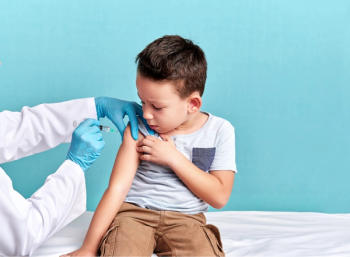
For children who have either experienced a delay in pertussis vaccination or who haven’t received the recommended number of doses, what is their risk of pertussis? A new study provides answers.

The FDA has approved the AstraZeneca once-weekly injectable therapy for use in children aged 10 to 17 years.
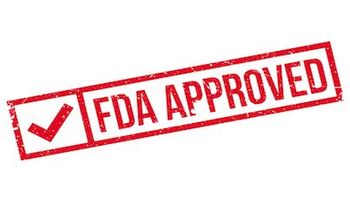
The FDA approved Pradaxa (dabigatran etexilate) to treat venous thromboembolism in children aged 3 months to less than 12 years.

The FDA approved Cosentyx (secukinumab) to treat moderate-to-severe plaque psoriasis in children aged 6 years and older.

The company has publicized data from the TeenCOVE study of the vaccine along with plans to seek authorization in the coming weeks.

Pfizer/BioNTech released data on their COVID-19 vaccine that indicates high efficacy in children aged 12 to 15 years.